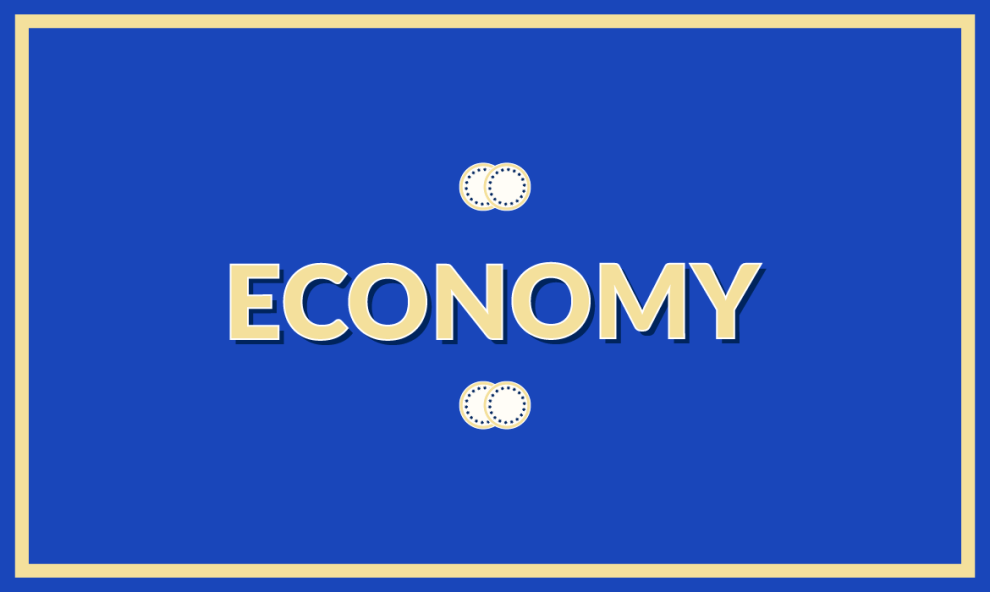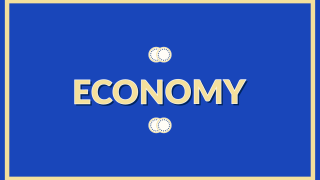I visit diverse places of the country and listen to citizens of all types, backgrounds, and activities. Some are businesspeople, others are taxi drivers, and most are unassuming persons who sweep streets or clean buildings, are secretaries and public servants of all levels and institutions. What’s impressive is that, beyond the differences in language and ways of communicating, all formulate the same question, commentary, petition, complaint or call for help: how is it possible that the country keeps deteriorating, apparently without end? Worse still, some say, today’s president demonstrated an extraordinary executive capacity as governor and yet, the performance of his government has been pathetic.
The bet at the start of this year is clearly that the economy is beginning to revert the tendencies of the past year. Once the core part of the legislative processes has concluded (and the pressure is off for “the” reforms is over) and the errors that accentuated the recent economic contraction are overcome, this year is starting out as quite promising. Both the upcoming massive volume of public spending as well as the stronger U.S. economy allow us to anticipate that these two growth engines will yield much better results, at least in statistical terms, of economic growth. Given the change in the composition of the public expenditure (what the economists call “sources of demand”), not all of the population will perceive an improvement, but the numbers will certainly improve.
Whatever the rhetoric, it’s about the same gamble as always: it’s a bet to produce a higher rate of economic growth, even if it’s unviable in the long term. The latter is in good measure because it depends on factors whether circumstantial or unsustainable over time (such as the massive fiscal deficit) or out of the government’s control (such as the demand for automobiles or the construction of homes in the U.S.).
Mexico’s problem is that it continues living off wagers instead of laying the foundations for long-term development in the construction of a solid foundation that would lead to this. Although no one can subtract merit from the success of the approval of important reforms last year, their relevance will be seen when these are implemented and their worth tested, something not evident at this time. By way of example: while Mexican politicians are given to legislative verbosity (and to the interminable production of laws that, beyond the rhetoric and ads on the radio, these entertain little probability of changing the daily reality), the laws of the past tended to be relatively brief. Today each of the laws is like an instructions manual that includes the entire host of contingencies thought possible and imagined by our legislative vernaculars. If one were to place our Constitution on a table next to that of developed countries –such as France, the U.S., Spain- the difference in volume (without counting content) can be measured by the kilo that have not created, nor do they appear likely to create, a modern country.
When, I ask myself, will we have a simple fiscal system that everyone can access without the aid of specialists? When will we have simple laws that establish a general framework that will allow citizens to develop their capacities without curbing their creative abilities at every turn? The free trade agreement with Chile has barely twenty pages: shouldn’t all of these be like this? Those that are not reflect the kingdom of the bureaucrats and/or of the particular interests that benefit incorporating exceptions at every instance.
De Tocqueville, the XIX Century French thinker, said it then: the government should be a means, not an objective in itself. When the government preempts all of its faculties, functions, obligations and rights, it becomes impossible to think that the citizen would behave as a responsible entity. Or, stated another way, it’s not that our citizenry isn’t democratic (“a democracy without democrats”) but rather that all of the incentives that exist favor anomalous conduct. Why should anyone play by the rules if what accrues benefits is protesting, blocking thoroughfares, joining in marches, abandoning (or threatening to abandon) The Pact, etc. It is absolutely rational for political actors and for an infinity of citizens to operate outside of the formal rules when the latter only benefit the government or a certain sector of the society.
The rhetoric says that what’s sought is the construction of a competitive, highly productive country, but this does not take into account the fact that everything conspires to making that impossible: the political system is dysfunctional, the government is incompetent, the fiscal system is brutally complex, the regulations are often absurd, the judiciary is a black hole and arbitrariness reigns throughout. Impunity is the norm, not the exception.
Today’s world is not like that of the past: today information is ubiquitous and countries as well as societies can observe and compare. To the extent that all nations seek to attract the same tourists, consumers and investors, real competition resides in creating conditions that expand the market, make attractive profitability possible and confer legal certainty. In this context, attracting investors to the new energy market will be a challenge.
Investors possess finite resources and are going to choose locations that maximize their benefits. Our objective, if we truly want to transcend the small economic benefits that can be reaped this year, should be this simple: what do we have to do to guarantee better conditions in these ambits.






Comments